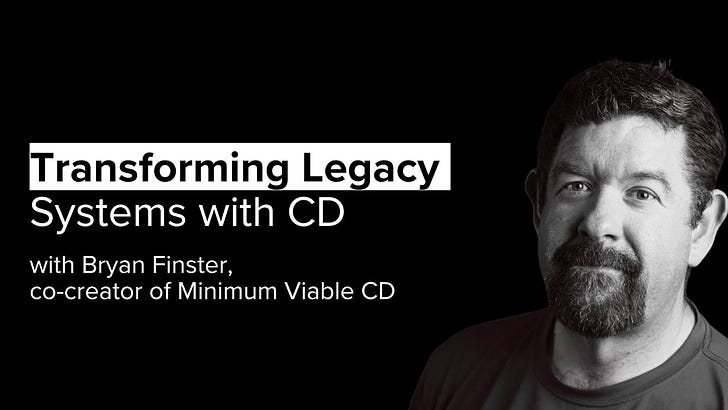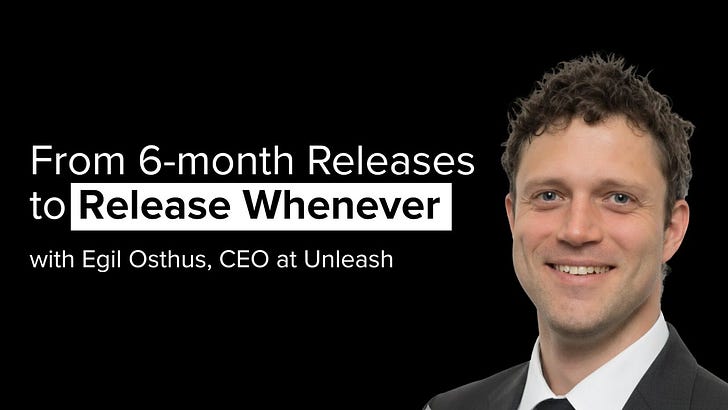Listen now on YouTube, Spotify, and Apple.
Brought to you by
Adeva — Global network of top developers connecting businesses with world-class talent.
I had the pleasure of hosting Laura Tacho, CTO at DX, to discuss what actually helps engineering teams perform better. We got into how to use both self-reported data and system data to understand your team, why metrics should never be used for individual performance, and how AI is changing developer workflows (and what it’s not doing yet).
From scrappy startup practices to company-wide DevEx strategies, this episode is packed with practical ways to build healthier, higher-performing engineering teams.
What you’ll learn
How DX helps teams boost performance through developer intelligence
Why self-reported data can surface quick, actionable insights
What makes a developer survey actually useful — and how to get teams to respond
How to use system data to save time and streamline engineering workflows
Why developers already know where the friction is — and how to tap into it
How starting simple with metrics early on can build better habits as you grow
The risks of using metrics to judge individual performance — and how to avoid them
Where AI tools really stand today — more autocomplete than autonomous
How to let data guide your decisions when introducing AI tools
“My biggest advice when trying to navigate this AI paradigm shift that we're in is that data will beat hype. I think engineering leaders are in a tricky position right now — on one hand, there's pressure from the business, which is almost unprecedented. The business is asking, ‘Why aren't we adopting this tool faster?’ Usually, it’s the other way around — we’re the ones pushing for new tools. So it’s more important than ever to use real data to guide decisions, not just follow the hype.” - Laura Tacho, CTO at DX
Laura Tacho is CTO at DX, a developer intelligence platform, co-author of the Core 4 developer productivity metrics framework, and an executive coach. She's an experienced technology leader and engineering leadership coach with a strong background in developer tools and distributed systems.
Her career includes leadership roles at organizations such as CloudBees, Aula Education, and Nova Credit, where she specialized in building high-performing engineering teams and delivering impactful products. Laura has worked with thousands of engineering leaders as they work to improve their engineering practices with data.
Resources:
Laura’s Survey Templates to help you get started with gathering developer experience data.
SWE-bench—a tool that evaluates how well AI models can complete real software engineering tasks end-to-end, highlighting the current limits of autonomous agents.
Laura Tacho on LinkedIn
DX Website
Katerina Trajchevska on LinkedIn
Content Chapters:
[0:00] Introduction to CTO Insights
[1:11] The Role of Data in Developer Experience
[4:19] Balancing Quantitative and Qualitative Data
[7:15] Common Pitfalls in Using Metrics
[8:33] Adapting Surveys to Specific Teams
[10:39] Common Developer Friction Points
[12:28] Starting Metrics in Early-Stage Startups
[15:29] AI's Impact on Developer Workflows
[18:10] Setting Realistic AI Expectations
[20:31] Final Advice for Engineering Leaders












